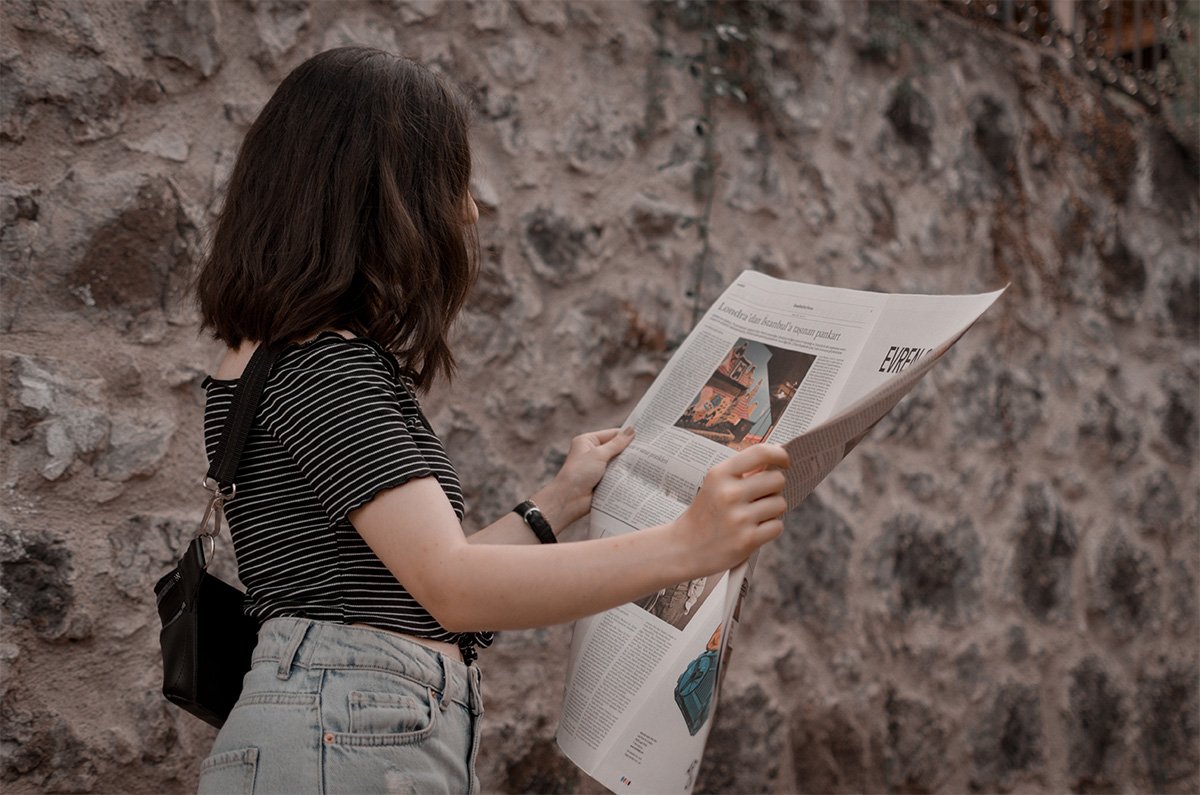We are deeply saddened by the firebombing of the Beth Israel synagogue in Jackson, Mississippi. Torah scrolls were destroyed, and the synagogue's sacred space was desecrated. Fortunately, there was no loss of life. The rest of the Jackson community rallied in support, with churches inviting the congregation to continue services in their houses of worship and public leaders condemning acts of hatred and violence.
The worst of human indecency was countered by acts of deep humanity. As we feel the anguish and pain, we must also be uplifted by the love and kindness of our brothers and sisters.
People of goodwill join together and move forward

Contributing to a strong, vibrant, and diverse Jewish community in and around Philadelphia
BOR members represent a wide range of professional contexts and rabbinic perspectives.
Amplify Your Voice
Share your ideas with the Greater Philadelphia Jewish community!
Submit a D’var for publication in the Jewish Exponent.

Join Us!
The BOR is comprised of a diverse group of rabbis who live and/or work in the greater Philadelphia region. Our members serve in a wide range of professional contexts and represent a wide range of rabbinic perspectives. The ultimate goal of the BOR is to contribute to a strong, vibrant and diverse Jewish community.

D’var Torah Parshat HaShavuah
Parashat Shemot
"Help Wanted: Superheroes Need Not Apply"
The book of Exodus opens with verses that feel like a comforting continuation of the end of Genesis. We are given a familiar list, the names of those who came down to Egypt with Jacob and settled in Goshen. We are reminded that they did well there. So well, in fact, that they became exceedingly numerous. It is a portrait of stability and blessing, and just as the family appears stronger and more connected than ever before, the tone suddenly shifts. “A new king arose over Egypt who did not know Joseph.” With that single line, the ground gives way. A society that once benefited from diverse wisdom and leadership now recasts Jacob’s descendants as a threat. Fear replaces relationship. Oppression becomes policy. An unlikely hero emerges.
The Torah does not introduce Moses in a vacuum, but in response to moral collapse. Pharaoh’s refusal to recognize previous ties to the sons of Jacob is a timeless lesson in failed leadership. Every time those in power forget or neglect those who built the system they inherited, cruelty swiftly follows. The timely world of Shemot is one in which policies are enacted to control bodies (euthanasia of Israelite sons), erase names (forgotten partnerships with foreigners), and justify violence (xenophobia against the Israelites disguised as nationalism).
Our modern culture is saturated with heroes who wear capes, like those worn in the ubiquitous Marvel and DC movie franchises. These heroes possess extraordinary abilities, moral clarity, and near invincibility. Even if the bad guys win a battle or two, we all know the good guys will win the war. Moses, the Torah’s greatest hero, stands in stark contrast to these overinflated fantasy warriors.
According to the Torah, there is nothing extraordinary about Moses the man. He is not imbued with supernatural strength or any other remarkable gifts. In fact, when Moses is first introduced, he is fearful, self-deprecating, and filled with doubt. The Torah could have absolutely fashioned Moses into a superhero (see Samson). Instead, God surrounds Moses with the support he needs to succeed -- Aaron to speak, Jethro to mentor, elders to share the burden of leadership, and those who will literally hold him up when the Israelites need him most. Unlike with so many superheroes, Moses’ success doesn’t rely on strength alone, but from his willingness to visibly lean on others. Thus, we learn that the best and most successful leaders favor openness and interdependence over domination and their perceived need for invulnerability.
What makes Moses a great hero is his capacity to learn, to adapt, to assess, to pivot, to accept help, and to keep pressing forward no matter what. In a time of inconsistency, it is easy to feel overwhelmed by the noise and shifting sand beneath our feet. Shemot asks us to reconsider what we are longing for in our leaders. True heroes do not wear capes. They notice suffering and refuse to look away. They make mistakes and learn from them moving forward. They lead boldly when needed and step aside when others can do better. They understand that redemption is not the work of one miraculous individual, but of many imperfect people moving forward together.
Parashat Shemot reinforces the idea that redemption does not begin with spectacle, certainty, or superhuman ability. It begins when ordinary people refuse to surrender their moral agency, even when the cost is high and the outcome unclear. Moses is heroic because he is afraid and moves forward anyway. Moses is powerful because of the power he builds in relationship with those around him.
In an age that rewards bravado, be vulnerable. In an age that rewards dominance, be nurturing. Moses’ story insists on a different vision of greatness, one that values responsibility over spectacle and relationship over power; a vision that challenges us to take on the heroic work our moment demands: to be human, fallible, collaborative, and willing to act without the promise of victory. Superheroes need not apply.
Rabbi Eric Mollo is the Associate Rabbi at Main Line Reform Temple Beth Elohim in Wynnewood. He is the co-chair of RAC-PA, the Pennsylvania branch of the Religious Action center of Reform Judaism based in Washington D.C., Treasurer for the Greater Philadelphia Board of Rabbis, and serves on the Religious Leaders Council of Greater Philadelphia.


